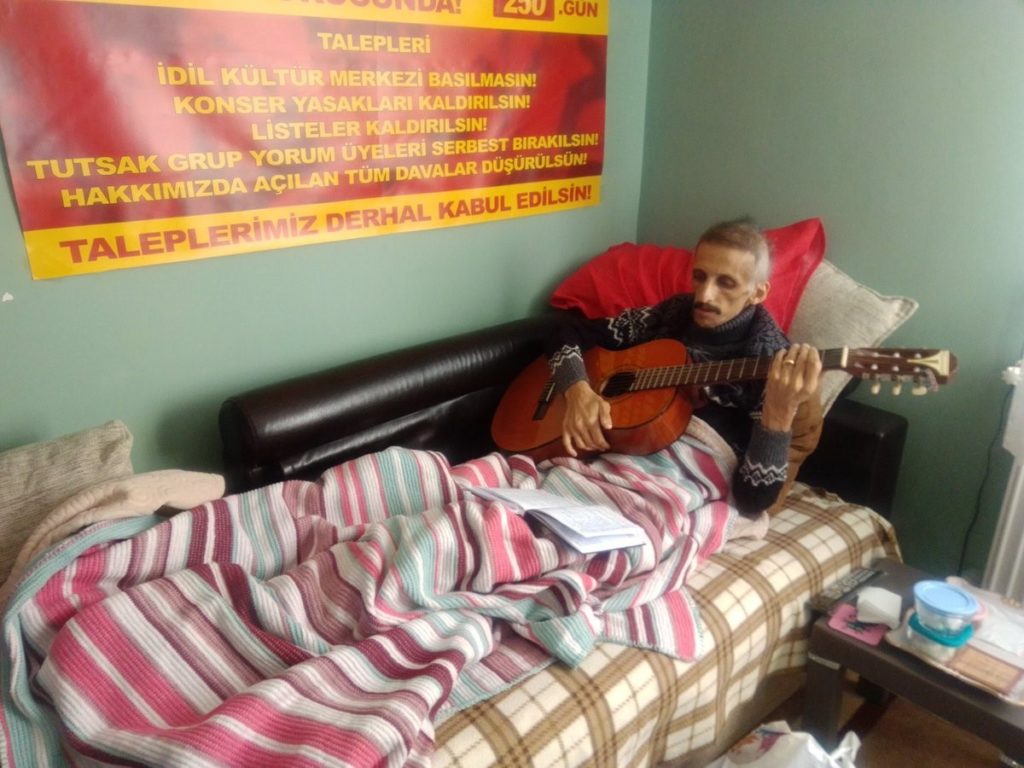A new report on the right to artistic freedom in the world shows hundreds of examples where this right was violated or in other ways restricted through national laws.
The report was launched on Wednesday (15 April) during a World Art Day digital seminar by Freemuse, an international organisation with headquarters in Copenhagen. Based on statistical data and qualitative interviews with artists, the report examines 711 acts of violations of artistic freedom in 2019 in 93 countries.
A previous report showed alarming trends of violations of artistic freedom in Europe. Several EU members are censoring and sentencing artists in all kinds of art forms for allegedly insulting heads of state, hurting religious feelings or glorifying terrorism.
In the new report, Freemuse documents censorship as the most common violation of artistic freedom. Artworks and artists are unduly censored at a global scale due to their creative content, which is opposed by governments, political and religious groups, social media platforms or by private individuals.
“Freedom of artistic expression is protected as long as it fits dominating narratives; politically, religiously and digitally,” said Dr Srirak Plipat, Freemuse Executive Director. “This report shows that the West is losing its leading position as human rights and freedom defenders at a fast pace, while the world grows intolerant and violent against non-mainstream views and expression.”
Freemuse lists 13 countries of particular concern: Brazil, China, Egypt, France, Indonesia, India, Iran, Lebanon, Nigeria, Russia, Turkey, the US and Zimbabwe.
In for example France, artistic freedom has been censored by non-state actors, often after pressure by other countries. In the US, artists and artworks critical of President Donald Trump were targeted or censored directly by the president and government agencies.
Artistic freedom falls under the broad remit of freedom of expression and is a fundamental human right, protected in several international and European conventions.
During the coronavirus crisis, artistic freedom is more important than ever and offers an outlet for society to cope with the situation, to accept the lockdown measures while making fun of them and to mock public figures and politicians. Freemuse is concerned that some governments may use the crisis to further suppress freedom of artistic expression and silence oppositional voices in the society.
As previously reported, several EU member states have imposed emergency measures to fight the virus. Such measures are allowed but should be strictly proportional and limited in time, according to the European Commission.
The situation is especially worrying in Hungary. In an open letter yesterday (16 April), Transparency International called on the EU to “unequivocally condemn” the Hungarian government’s misuse of the coronavirus crisis to erode democratic values.
Srirak Plipat told The Brussels Times that he fears that “we are going to witness increased violations of human rights and illegitimate restrictions of artistic freedom” during the coronavirus crisis.
M. Apelblat
The Brussels Times

